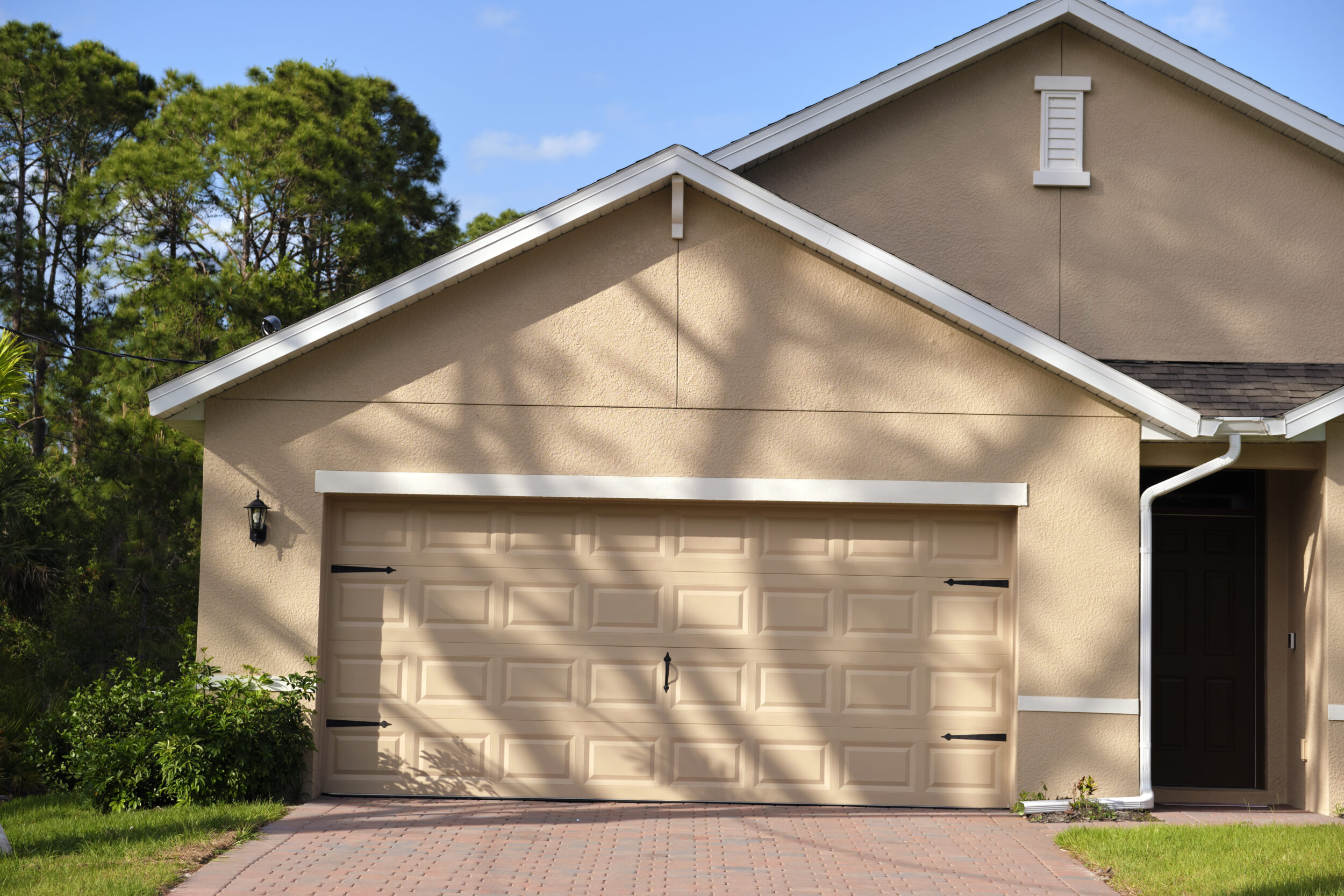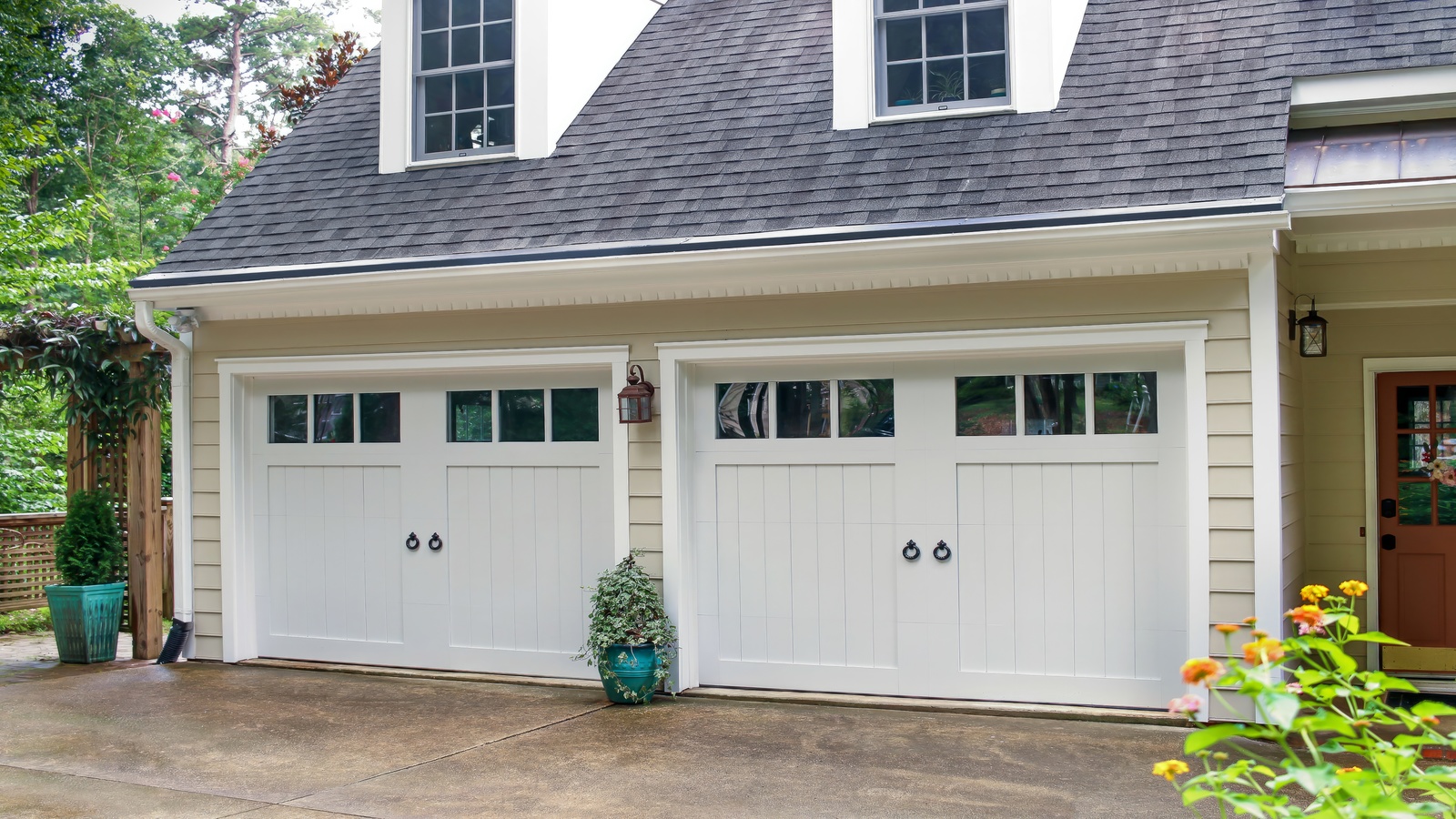
Garage door torsion springs play a crucial role in ensuring the smooth and safe operation of the door. These springs are responsible for lifting and lowering the heavy garage door, and they work under a tremendous amount of tension.
Understanding the different types of torsion springs available for garage doors and their respective advantages and disadvantages can help you make an informed decision when selecting a torsion spring for your garage door.
In this article, we will discuss the main types of torsion springs used in garage doors and their characteristics.
There are two main types of torsion springs commonly used in garage doors: oil-tempered and zinc-galvanized.
Oil-tempered springs are made from a high-quality steel wire that has been tempered with oil to make it more resilient and durable. These springs are designed to withstand a high level of stress and are more resistant to rust and corrosion than other types of springs.
Zinc-galvanized springs, on the other hand, are coated with a layer of zinc to protect them from corrosion. These springs are less expensive than oil-tempered springs, but they are also less durable and may need to be replaced more frequently.
At Right Choice Doors, we understand that the quality of the torsion springs used in your garage door is crucial to its safe and efficient operation. That's why we only use the highest quality springs available on the market. We source our springs from reputable manufacturers who use the best materials and state-of-the-art manufacturing techniques to ensure that each spring is of the highest quality.
Our team of experienced technicians will carefully select the right type and size of spring for your garage door and install it with precision to ensure that it operates smoothly and safely. We are committed to providing our customers with reliable and long-lasting solutions, and our use of top-quality springs is just one way we achieve this.
Torsion springs work by storing energy when they are wound tightly and releasing it when they are unwound. When the garage door is closed, the torsion spring is under tension and stores potential energy.
As the door is opened, the spring unwinds and releases the stored energy, providing the force needed to lift the door. This process continues as the door is closed and the spring is wound tightly again, ready for the next cycle.
The size and number of torsion springs needed for a garage door depend on the weight and size of the door. It is important to ensure that the correct size and number of springs are used to avoid putting unnecessary stress on the springs, which could lead to damage or failure.
Regular maintenance and inspection of torsion springs are also important to ensure that they are functioning properly and safely. It is recommended to have a professional handle the installation and maintenance of torsion springs to prevent accidents and injuries.
Proper maintenance of torsion springs is important to ensure the safe and efficient operation of your garage door. Here are some tips to help you maintain your torsion springs:
By following these maintenance tips, you can help prolong the lifespan of your torsion springs and ensure that your garage door operates smoothly and safely. Remember to always consult a professional for any repairs or adjustments to your garage door or torsion springs.
Torsion springs are an essential part of your garage door's operation, and when they start to wear out or fail, they can cause serious problems. Here are some signs that your torsion springs may be experiencing issues:
If you notice any of these signs of torsion spring problems, it's important to contact us immediately. Attempting to repair or replace torsion springs yourself can be dangerous and can lead to serious injury. We can quickly diagnose and fix any torsion spring issues to ensure the safe and efficient operation of your garage door.


